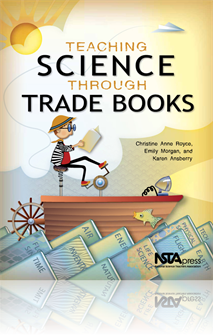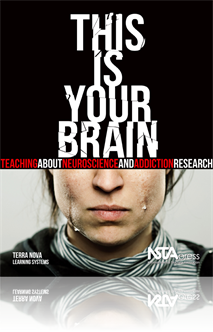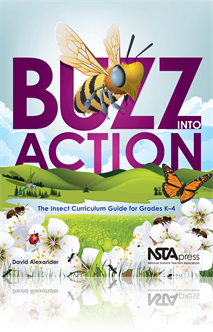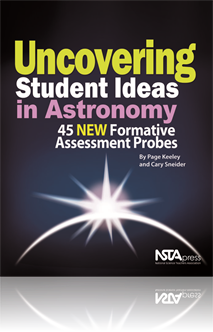All Book Chapters
Book Chapter
In today’s world of short attention spans and media overload, the ability to create visual representations to communicate data is an important skill. This lessons, in this chapter, focus on various ways to display data and the purpose of visual r...
Book Chapter
How Do Drugs Affect the Brain?
In this lesson, students continue to follow the story of Chris through the process of the scientific method as they gather important information about brain function and drug use. Students will also be challenged to develop an explanation of why drug...
Book Chapter
In this lesson, students are introduced to a teenager named Chris, whose story unfolds with each subsequent lesson. The only known fact about Chris is contained in a headline, challenging students to begin thinking like scientists about this hypothet...
Book Chapter
Thinking About the Future of Research
In this lesson, students look toward the future of research, specifically animal research. Students discover alternative methods to animal research and what role these methods might play in the future. Students come to realize that animals will conti...
Book Chapter
In this lesson, students explore the importance of the scientific method and how it applies to both historic scientific discoveries and our every- day lives. The story of Chris continues to unfold as students follow the step-by-step process of the sc...
Book Chapter
In this lesson, students continue the process of inquiry as they follow the steps of the scientific method. Through exploration and discovery, they identify regions and functions of the brain and explore how the brain sends and receives messages. The...
Book Chapter
In this lesson, students explore four categories of neuroscience research—specifically, four approaches that are helping to understand drug addiction—basic biological research, population-based research, behavioral research, and genetic research....
Book Chapter
In this lesson, students work in small groups to analyze and sort a variety of research discoveries. This unit illustrates in part the historical role animals have played in medical research. Students sort these discoveries into several categories, i...
Book Chapter
In this lesson, students look at and clarify their understanding of the concept of ethics. In the first activity, students develop a definition for ethics based on their prior knowledge. Then as a class, students explore the meaning of five key ethic...
Book Chapter
In this lesson, students explore ethical considerations in research, focusing specifically on the example of the inclusion of animals in medical research. They work in small groups to analyze the possible harms and benefits to both humans and animals...
Book Chapter
This chapter contains the unit test and answer key as well as the essay question assessment Rubric for the book This is Your Brain. Other alternate assessment options are also included. ...
Book Chapter
This chapter contains supporting materials such as a Student Glossary, Parent/Guardian letter, resources for teachers, parents, and students for the book This is Your Brain....
Book Chapter
In this activity, students will be able to describe the role decomposers play in an ecosystem and learn to identify organisms that live on the forest floor, in the leaf litter and underground....
Book Chapter
The purpose of this assessment probe is to elicit students’ ideas about gravity. The probe is designed to see if students recognize that gravity exists everywhere in space, not just on Earth....
Book Chapter
The purpose of this assessment probe is to elicit students’ ideas about the size of the Moon. The probe is designed to find out if students understand the idea that something huge can appear to be small if we see it from a great distance, and and t...





